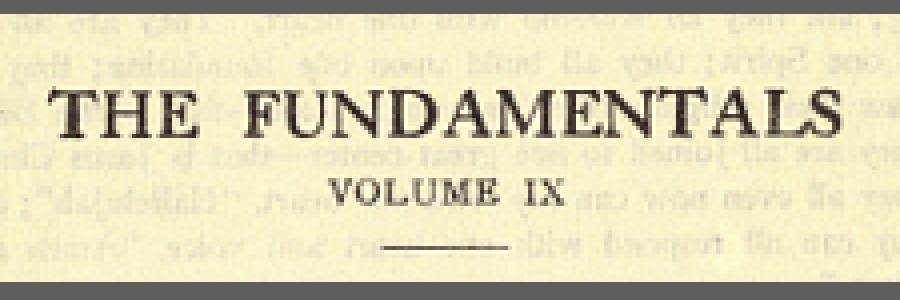Twelve of the Most Annoying Arguments Used Against Biblical Creation, Part 2
(Read Part 1.)
4. Arguing that “since scientists do not yet understand a natural phenomenon, God must have done it” is a fallacious “God of the gaps” argument.
Why It Sounds Good
This type of argument actually is a “God of the gaps” argument and sadly, in church history, many have used this approach.
Why It Is Annoying
There are two significant problems. First, creationists, as a whole, rarely argue this way any longer. Rather, creationists have increasingly been arguing for creation from what we do know about the universe. For example, in philosopher William Lane Craig’s1 version of the Kalam Cosmological argument,2 he states:
Discussion
Twelve of the Most Annoying Arguments Used Against Biblical Creation, Part 1
(Special thanks to GARBC.org for bringing this article to our attention.)
There are certain tasks I do not enjoy having to do on a regular basis. One that immediately comes to mind is garbage night. Every Tuesday night, the garbage cans and recyclables go out to the curb. Rain or shine, hot or cold, it still must be done. Even though I just did it seven days ago, they sit on the driveway waiting to be taken on their weekly walk. I stress this point in the hopes that you, the reader, will sympathize with me as you read my verse of lament and will join with me in singing the chorus of gripe: “O garbage night, O garbage night, I loathe you deeply, garbage night!”
There are also, in the debate concerning evolution and the age of the earth, certain arguments I grow tired of hearing. When these arguments are given, I confess that I find myself mentally checking out of the conversation because I see that the person is often simply parroting from others what he or she has heard and has not really thought through the issues at hand.
Discussion
The Gospel Applied: "The Artist" (Part 2)
(Read the series so far.)
God’s rejection of those who led Israel, and the dark curtain He placed over many of their hearts, is not the final layer of the canvas. His veiling is …
Not final: There is a promise!
God still has a future for the Jewish people. Paul wrote:
What then? What Israel is seeking, it has not obtained, but those who were chosen obtained it, and the rest were hardened; 8 just as it is written, “God gave them a spirit of stupor, Eyes to see not and ears to hear not, Down to this very day.” 9 And David says, “Let their table become a snare and a trap, And a stumbling block and a retribution to them. 10 “Let their eyes be darkened to see not, And bend their backs forever.” 11 I say then, they did not stumble so as to fall, did they? May it never be! But by their transgression salvation has come to the Gentiles, to make them jealous. (NASB, Rom. 11:7-11)
Discussion
Temple Tantrum?
Spring cleaning finds its origins in the Jewish community, preparing ones home for Passover by removing even infinitesimal dust that might contain leaven. During the Passover season nearly 2,000 years ago, Jesus decided to clean house, too. The house was his Father’s house, the Temple.
This event is known as the “Second Cleansing of the Temple,” and we are looking at the account of it recorded in Mark 11:15-19. The first cleansing occurred three years earlier and recorded in John 3:13-22.
Yeshua didn’t clean with detergent, kitchen cleanser, or disinfectant. This was to be a different kind of cleaning, an attempted spiritual cleansing from the grunges of corruption and snobbery.
Discussion
2016 "What is a Reformed Baptist?" Poll
For those who here who would call themselves Reformed Baptists — it seems I have encountered a few — I am conducting a poll on my blog, and I would welcome you input.
2016 “What is a Reformed Baptist?” Poll
While I am at it, I would like to express my thanks to this forum for welcoming guys like me. Although I mostly lurk and read, this forum has taught me much, and I have really appreciated it. Thanks in advance also to those who [participate in the poll.
Discussion
Biblical Prophecy - Guidelines and Pitfalls
Discussion
What Christ Teaches Concerning Future Retribution
CHAPTER VII - WHAT CHRIST TEACHES CONCERNING FUTURE RETRIBUTION
BY REV. WM. C. PROCTER, F. PH., CROYDON, ENGLAND
There are four reasons for confining our consideration of the subject of Future Retribution to the teaching of our Lord Jesus Christ:




Discussion